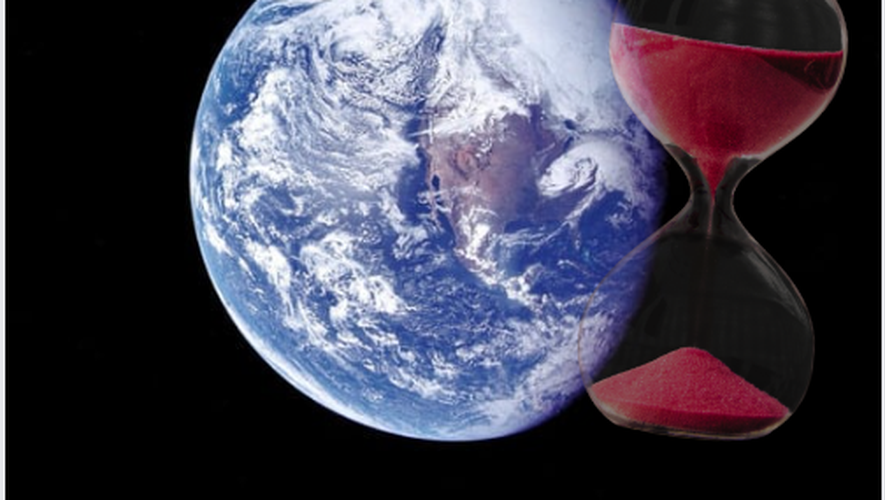Melting ice due to global warming is changing the Earth’s rotation speed faster than expected, according to a study published on March 27. A phenomenon imperceptible to humans, but whose consequences are far from anecdotal for our ultra-connected societies.
Inconsistent rotation speed
The time on our watches depends on celestial movements and, more precisely, on the rotation speed of the Earth. However, our planet rotates at a speed that is not constant. This shift requires the addition of a leap second to Universal Time (UTC time) – the mechanism used since 1972 to align official time with the planet’s natural day.
A supplement that intervenes irregularly as soon as the gap between the two standards becomes too large. Since the introduction of this measure, 27 seconds, all positive, have been added. The last addition was in 2016.
The next one was scheduled for 2026. However, the effect of melting Arctic ice is unknowingly extending the length of our days, which could soon last more than 24 hours, Trustmyscience explains. Result: The addition of this extra time could be delayed until 2029. “Enough ice has melted to cause sea levels to rise enough that we can really see that the Earth’s rotation rate has been affected,” notes Duncan Agnew, a geophysicist at the University of California, San Diego and author of the study.
A missing second that causes concern
The acceleration of the Earth’s rotation means that astronomical time will gradually exceed atomic time. That could force us to introduce a second… negative within a few years.”
“We don’t know how to deal with a missing second. That’s why time metrologists are concerned,” the magazine explains. Nature, Felicitas Arias, former director of the time department of the International Bureau of Weights and Measures in Sèvres (Hauts-de-Seine).
“Destruction in computer systems”
Leap seconds are causing so much havoc in the computing world that scientists have voted to get rid of them by 2035. Researchers say the slowdown could cause “unprecedented” problems in an increasingly connected world.
The reason: internet networks, but also satellite navigation systems, work based on this universal time. Adding a negative second means clocks skip a second, which can have a devastating effect on software that relies on timers or schedulers.
